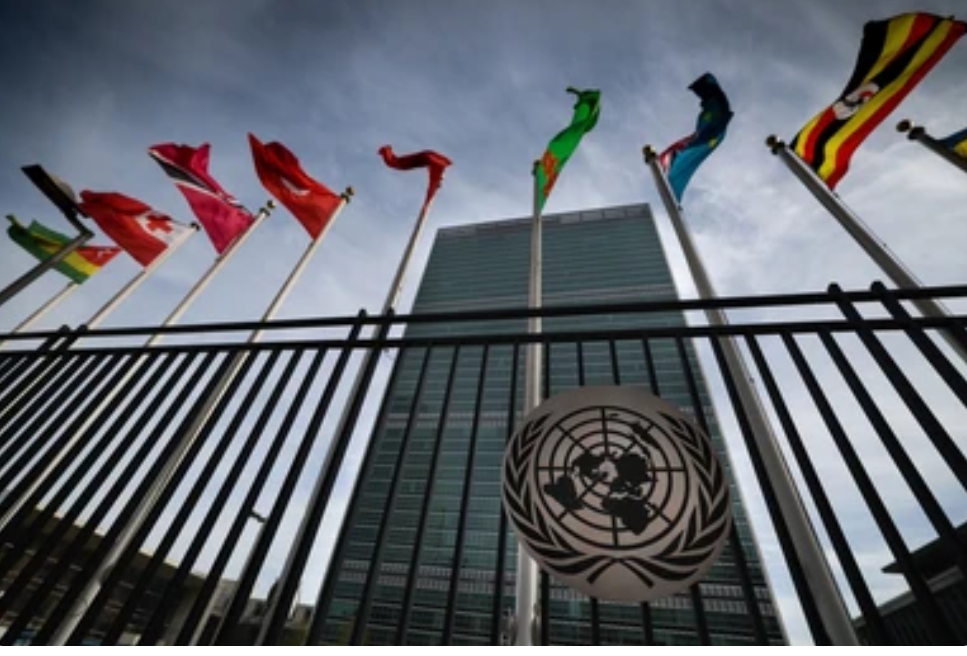
The current perception of the UNSC as dysfunctional adds another layer of complexity to this proposal. The council has faced criticism for its inability to fulfill its core mandate efficiently, particularly in preventing conflicts or addressing humanitarian crises. For example, the ongoing conflict in Gaza/Palestine and Lebanon highlights the council’s failure to reach a consensus on effective actions, leading to continued suffering and violations of human rights. This underscores the urgent need for democratic reforms within the UNSC to enhance its credibility and authority.
Additionally, determining which African country would qualify for a permanent seat on the UNSC poses a challenge due to the lack of a unified African body. It raises concerns about regional representation and the need for an inclusive and representative approach to membership to reflect the diversity of the global community. Without proper consideration and addressing of these concerns, the proposal risks becoming a move to handpick a compliant representative rather than promoting genuine inclusivity.
The proposal to offer two permanent seats, with or without veto power, may signal a shift from the current monopolistic approach in global security and order but in substance it remains hollow and the same (status quo). The UNSC’s decision-making has often been influenced by real politik and self-interest rather than a shared commitment to global peace and security. By emphasizing equity, justice, democracy and collective action, the council can better address global challenges and promote cooperation among member states.
In conclusion, the success of the proposal hinges on a collaborative and inclusive approach that prioritizes the common good and promotes a more balanced and equitable world order. It is crucial to reevaluate the current approach to global security and order, ensuring that the UNSC evolves into a more inclusive and effective body. By committing to democratic principles and shared responsibility, the council can enhance its relevance and effectiveness in addressing global challenges.
